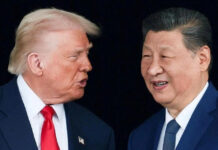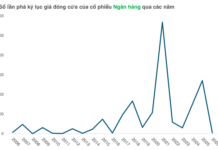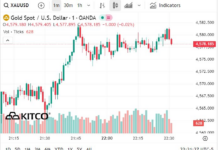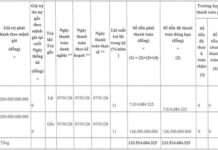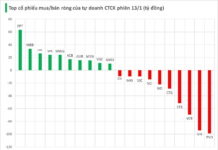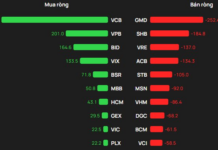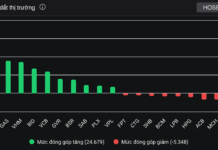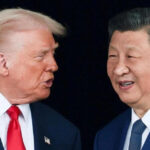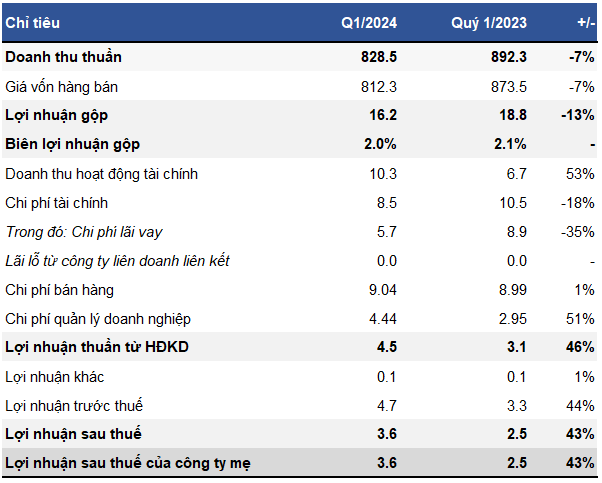The global economy faced significant challenges in 2023, amid a backdrop of slowing growth in gross domestic product (GDP) and trade, as well as ongoing geopolitical tensions.
According to estimates by the World Bank, global economic growth reached approximately 2.1% this year, with leading economies achieving a modest 0.7% growth rate. In contrast, developing economies and emerging markets are projected to grow by 4%.
The Russia-Ukraine conflict and the more recent Israel-Hamas clashes have further exacerbated geopolitical instability, impacting global trade. The United Nations Conference on Trade and Development (UNCTAD) reported a decrease in global trade, estimated at nearly $30.7 trillion in 2023, reflecting a reduction of almost $2 trillion compared to 2022.
Amid these global challenges, the African economy has experienced a mix of positive and negative influences. However, the unique characteristics of the African continent have positioned it for a promising economic outlook, outpacing the overall global economic growth rate.
OPTIMISTIC FORECASTS
The UNCTAD’s Economic Development in Africa Report 2023 suggests that Africa has the potential to become a key player in the global supply chain for high-tech industries such as automotive, mobile phones, renewable energy, and healthcare. Recent disruptions in trade, economics, and geopolitics have prompted manufacturers worldwide to diversify their production locations, presenting opportunities for African governments and businesses to position the continent as an attractive destination for global supply chains.
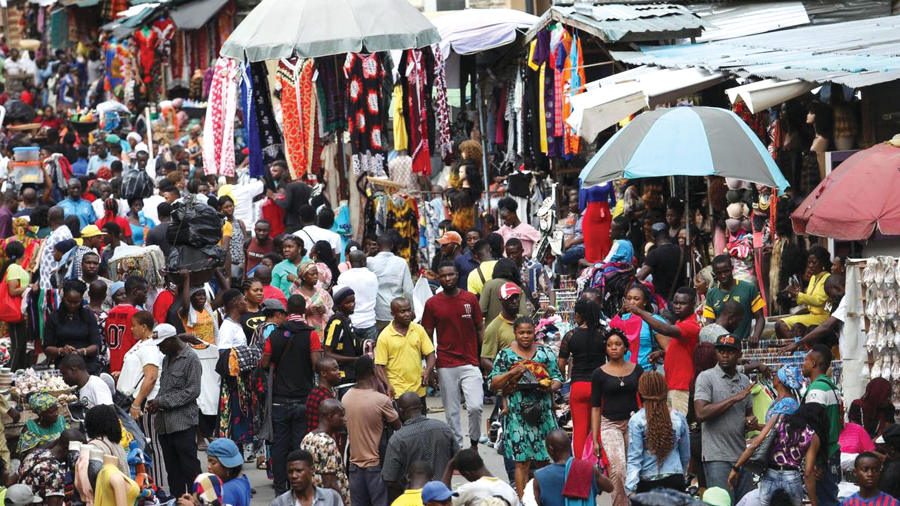
The African Development Bank (AfDB) estimates Africa’s economic growth to reach approximately 4.1% in 2023, reflecting a slight improvement from 2022’s growth rate of around 3.8%. This positive trajectory is expected to continue in 2024, with a projected growth rate of 4.3%, showcasing the continent’s resilience in the face of global economic shocks.
However, the long-term impacts of the COVID-19 pandemic, the Russia-Ukraine conflict, and the Israel-Hamas clashes, coupled with disruptions in the Red Sea, have hindered Africa’s initial robust post-pandemic economic recovery. Consequently, in late November 2023, the AfDB adjusted its GDP growth forecast for Africa downward to 3.4% for 2023, with an expected increase to 3.8% in 2024.
STRENGTHENING ECONOMIC AND TRADE COOPERATION WITH MAJOR POWERS
In recent years, including 2023, Africa has made significant strides in strengthening economic and trade cooperation with major powers such as China, Russia, and the United States.
Since 2000, China has hosted the China-Africa Cooperation Forum in Beijing once every three years to promote its diplomatic and trade interests. China has been Africa’s largest trading partner for many years and a prominent investor in extraction and infrastructure projects.
Russia’s trade relations with Africa have also grown alongside their security and defense partnerships. In 2022, Russia-Africa trade reached $18 billion, with Russian exports accounting for $14.8 billion. According to Russia’s Ministry of Economic Development, during the first eight months of 2023, Russia-Africa trade amounted to $15.5 billion, a 43.5% increase compared to the same period in 2022, with Egypt, Morocco, Libya, Tunisia, and Algeria being the key trading partners.
The United States has also actively strengthened its trade and investment partnerships with Africa. In July 2021, the Biden administration announced the revival of the “African Prosperity Initiative,” focusing on enhancing trade and investment between the US and African nations. In late 2022, the US and Africa held a summit, during which the US pledged $55 billion in aid to African countries over the next three years, marking a renewed engagement with the continent.
As of late 2023, hundreds of trade and investment agreements worth $14.2 billion have been signed between the US and African nations, creating further momentum for cooperation. These developments are in line with Washington’s commitment to a mutually beneficial economic strategy with the countries of the continent.
PROSPECTS FOR 2024
With 54 countries, a population of approximately 1.456 billion people, and a total area of 29,661,703 square kilometers, Africa accounts for about 18.05% of the world’s population and 20.3% of its landmass. The continent is rich in essential minerals for green products and high-tech industries and boasts a young, tech-savvy population, an adaptable workforce, and a growing middle class.
Africa’s voice in global forums carries significant weight, as its 54 countries account for 28% of the total votes in the United Nations. Additionally, by convention, Africa holds three of the 15 non-permanent seats on the UN Security Council. As a result, Africa is witnessing increasing influence and competition among major powers.
Africa in the Strategies of Major Powers
China and Russia have long recognized the political, military, and economic importance of Africa, and they continue to seize opportunities to expand their influence across the continent. While Russia focuses on strengthening security and economic cooperation, China emphasizes expanding its influence through soft power and economic investments.
On August 24, 2023, on the sidelines of the BRICS summit in Johannesburg, Chinese President Xi Jinping and South African President Cyril Ramaphosa co-chaired the China-Africa Leaders’ Dialogue and issued a joint declaration, reiterating their commitment to enhancing bilateral cooperation and elevating Africa-China relations to a new level.
In late December 2023, China’s Customs Tariff Commission of the State Council announced duty-free treatment for 98% of products from six underdeveloped African countries: Angola, the Gambia, the Democratic Republic of the Congo, Madagascar, Mali, and Mauritania. This move will enable these countries to expand their export markets, generate foreign exchange reserves, and create employment opportunities.
Russia has also been actively strengthening its cooperation with Africa by holding summits every three years and issuing joint declarations on security, economic, and environmental cooperation. Russia aims to engage with as many African countries as possible, guided by the principle of “For Peace, Security, and Development.” It has increased its presence in Africa by focusing on arms sales, military training, intelligence sharing, and access to minerals, particularly uranium and platinum. Russia has become Africa’s largest arms supplier, aiming to build broad-based influence through security partnerships and steadily increasing the overall volume of trade.
Concerned about the growing economic influence of China and the security influence of Russia in Africa, US policymakers have made a significant shift from indifference and absence to engagement and renewed commitment to the continent.
In 2023, the US welcomed the African Union’s permanent membership in the G20. By actively expanding trade and investment partnerships with Africa, Washington has also promoted substantial investments in food security, healthcare, and infrastructure. Additionally, the US has launched a digital transformation initiative and fostered cooperation in security, governance, and other critical areas.
On November 2, 2023, the US and Africa convened a Trade Relations Summit in Johannesburg, South Africa. During the three-day conference, US envoys held talks with ministers from approximately 40 sub-Saharan African countries benefiting from the US’s African Growth and Opportunity Act (AGOA). The US affirmed that its investments in Africa have had tangible impacts on the lives and livelihoods of people in both the US and Africa. The record-breaking trade agreement values in 2023 will further boost cooperation between the US and Africa in the coming years.
In addition to the special attention from major powers, Africa has also attracted significant interest from other economic regions and countries, such as the Association of Southeast Asian Nations (ASEAN), Japan, and especially the European Union (EU).
On December 18, 2023, the EU and Kenya signed a Free Trade Agreement (FTA) to facilitate the flow of goods between the two markets. This agreement marks the EU’s first significant trade deal with an African country since 2016 and creates opportunities for the EU to deepen its presence in the vast African market in the coming years.
The competition for influence among major powers in Africa presents a crucial opportunity for African countries to forge diverse and balanced partnerships with global powers without siding with or replacing one power with another. It also allows African nations to pursue innovation and economic reform initiatives to address economic and social challenges. Through new economic policies and government reforms, Africa can rebuild the foundation of its highly characteristic relationship between ruling powers, tribal communities, and local leaders to minimize conflict and violence.
Risks and Obstacles
Following Israel’s military campaign in the Gaza Strip in response to attacks by the Hamas movement, the Houthi military forces in Yemen intensified their attacks on vessels passing through the international shipping lane in the Red Sea, severely disrupting international maritime trade, which had only recently begun to recover from the COVID-19 pandemic.
In addition to global challenges such as tighter global financial conditions and the rising value of the US dollar, which will exacerbate debt repayment costs and increase the risk of bad debt for countries, the ongoing Russia-Ukraine conflict continues to worsen global food security. Climate crises, political instability, and unpredictable policies will remain impediments to Africa’s long-term economic growth.
(*) The author is an expert at the Vietnam Economic Institute.
The content of this article was published in a special edition on Economics 2023-2024: Vietnam & The World, released on 06/03/2024. We invite readers to find it at here:
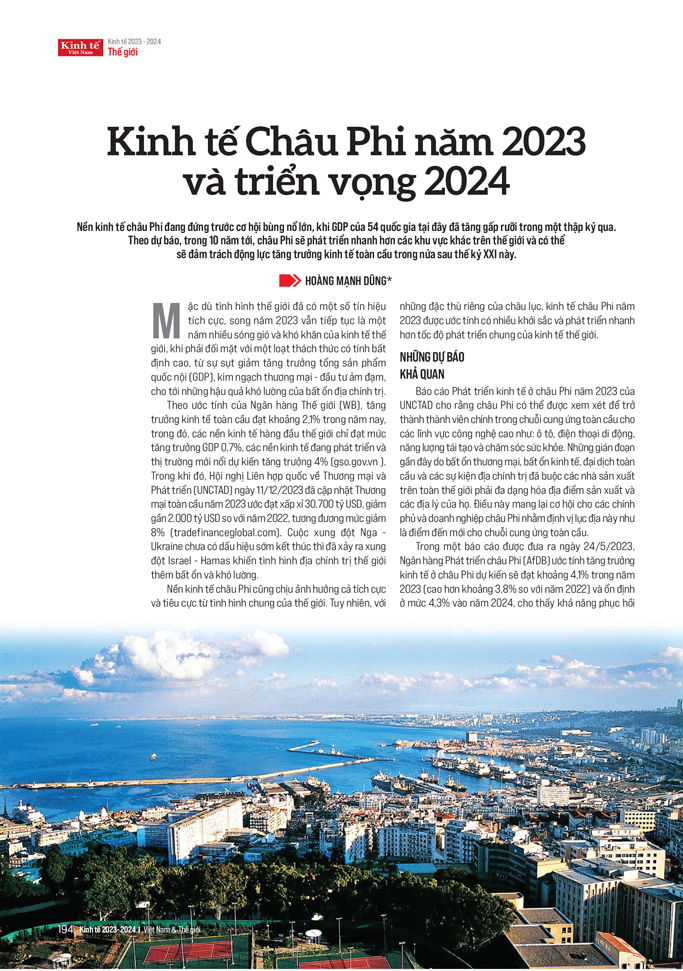
Propose adding a bad scenario script to “shock” the economy
In addition to the positive economic growth scenarios for 2024, Vietnam needs to prepare for negative scenarios to enhance its ability to cope with unexpected shocks.
Territory-based credit policy in Ho Chi Minh City shows nearly 39% growth
Credit programs, not only support and assist the poor and vulnerable, who are the main subjects of policies in Ho Chi Minh City, with capital for production and business to create livelihoods and employment opportunities, but also play a significant role in the direction of sustainable economic development, economic growth, and social security ensured by the Government.



